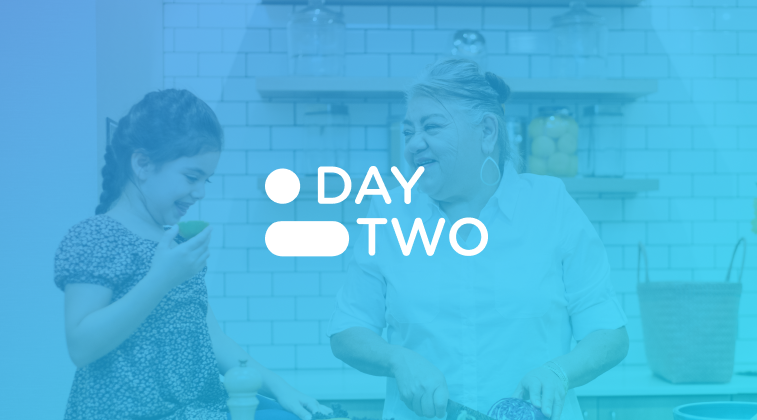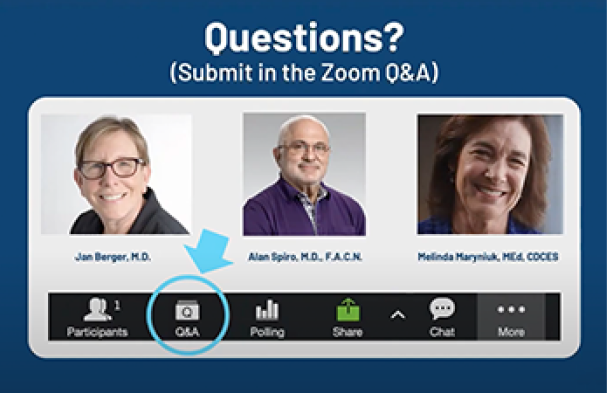
Food choices are the biggest stressor for anyone living with Diabetes. In fact, we typically make over 200 food choices per day so it’s no wonder that a study by the ADA found our food choices to have the biggest impact on daily life for those living with diabetes. This was even found to be true for people who take insulin daily.
The holidays can make things even more stressful for those on traditional diabetes intervention programs. These de facto interventions typically require that members either entirely prohibit or limit carbohydrates such as breads, pastas and potatoes. This week, for the all-important family holiday meal, this means abstaining from most of the sides (think buttery mashed potatoes, sweet potato casserole and mac and cheese). Not to mention, the turkey skin is packed with saturated fats that can be problematic for those with complications or additional metabolic diseases like high blood pressure, cholesterol or obesity.
Let’s not forget, this is no ordinary holiday season. In the midst of an extraordinary year, the loneliness pandemic has gripped our nation with anxiety and stress levels like never seen before. When long-term loneliness sets in, as it has for so many now, this can have a dire impact on our mental health. Life-changing circumstances like the loss of a job or breakdown in relationships can lead to social isolation, diminishing kindness and a lack of warm touches that slowly ebb into deeper seated problems.
Our mental health can have a compounding effect on our food choices. When stress levels are at their highest, there’s no place where this is more evident than our collective guts. Harvard Health Publishing recently reported (October 2020) that one-fourth of Americans rate their stress level as 8 or more on a 10-point scale. And, 85% of Americans say eating their favorite snack makes them feel a sense of normalcy during the current crisis. As a result, in June salty snacks were up 9.4% year-over-year representing an additional $21 billion in sales.
All of this comes at a time when our most vulnerable employee populations are suffering the most. Rates of food insecurity were substantially higher than the national average for single-parent households, and for Black and Hispanic households. Plus, COVID-19 has been widely reported to affect communities of Black, Indigenous and Latino Americans the worst with 3 times higher death rates than White communities. And as if that’s not terrifying enough, the American Diabetes Association recently found that 18% of people with diabetes were unemployed or furloughed, compared to the national rate of 12% (June 2020).
Even before this pandemic, it was widely known that our food is killing too many of us. So what can we do to start moving the needle towards better health outcomes? The answer lies in access to ground breaking interventions which can put metabolic disease into remission for good. But the catalyst needs to come from payers and providers who are equipped to make the best choices when it comes to partnering for outstanding clinical outcomes.
DayTwo’s program uses a gut microbiome analysis to profile the individual’s DNA and applies machine learning to predict their glycemic response to specific foods and food combinations. A dedicated dietitian meets one-on-one with members and coaches them to make minor adjustments to their meals so that they don’t experience a spike in glucose levels. Thus protecting them from foods that are naturally harmful to their unique body and reducing the prevalence of metabolic disease; prediabetes, diabetes, obesity and NAFLD. Simply send an email to employers@daytwo.com to learn more about our employer and payor solutions.


